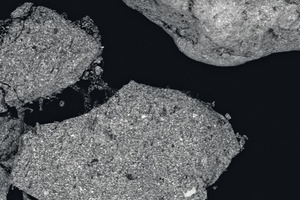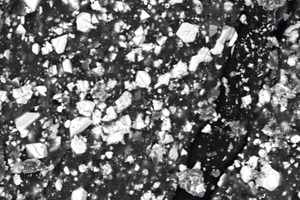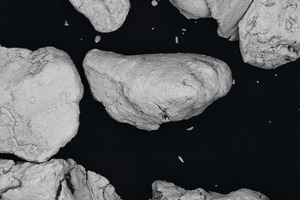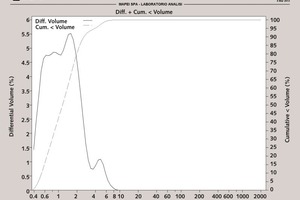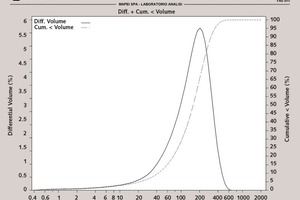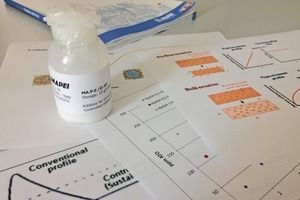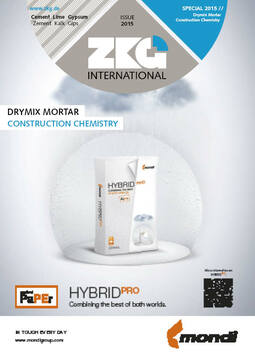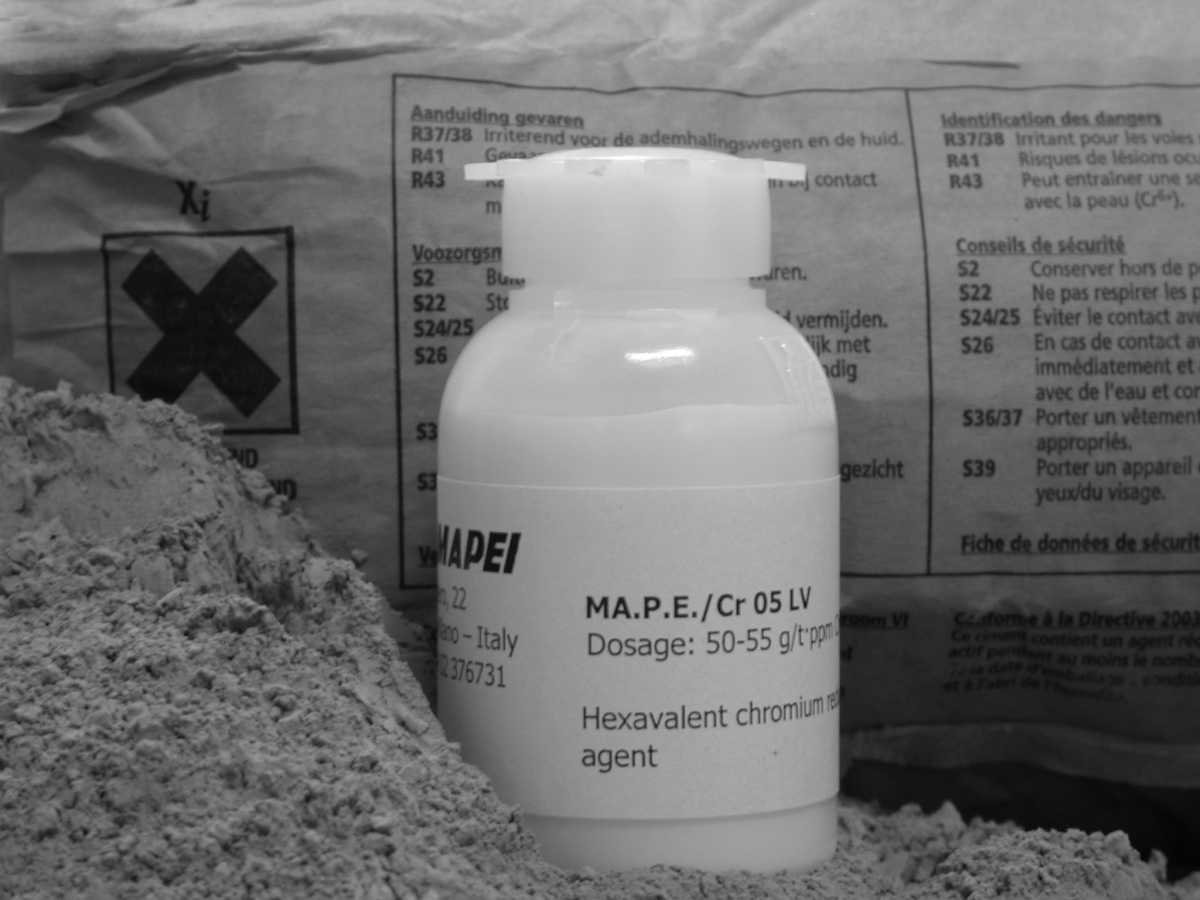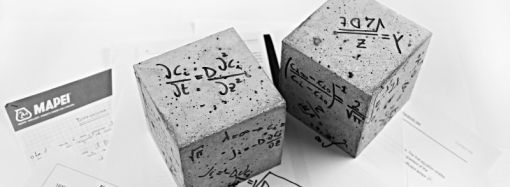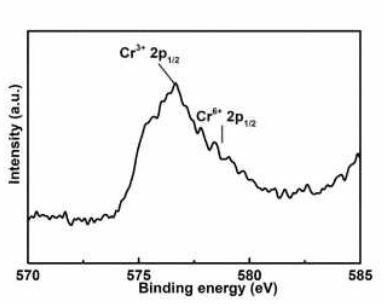Encapsulation and controlled release of Cr(VI) reducing agent: application in ready-mix mortars
Raw materials for clinker manufacturing can contain chromium which from the iron ore in the kiln feed, to the mortar bag, remains as a potentially dangerous presence. For more than 60 years, soluble chromates have been recognized as being responsible for allergic contact dermatitis, a typical professional disease that affects construction workers. In 2003, the European Community released the Directive 2003/53/EC that requires that cement and cement-based materials produced or imported in Europe do not release more than 2 mg/kg (part per million – ppm) soluble chromates when mixed with water. As a consequence of this directive, cement produced or imported in Europe is treated with suitable reducing agents that can eliminate soluble chromates.
1 Introduction
The manufacturing process of Portland cement is standardized and widely described in several publications [1]. Raw materials (usually limestone and clays, with some aluminium and iron) are quarried (or obtained from the recovery of waste materials), then properly blended and ground in order to prepare the so-called raw mix. This is used as feeding for the pre-heater tower and rotary kiln, where silica and lime (with alumina/iron oxides used as flux) react in a high temperature process to form the calcium silicates that compose the Portland clinker.
Clinker is then finely ground...

